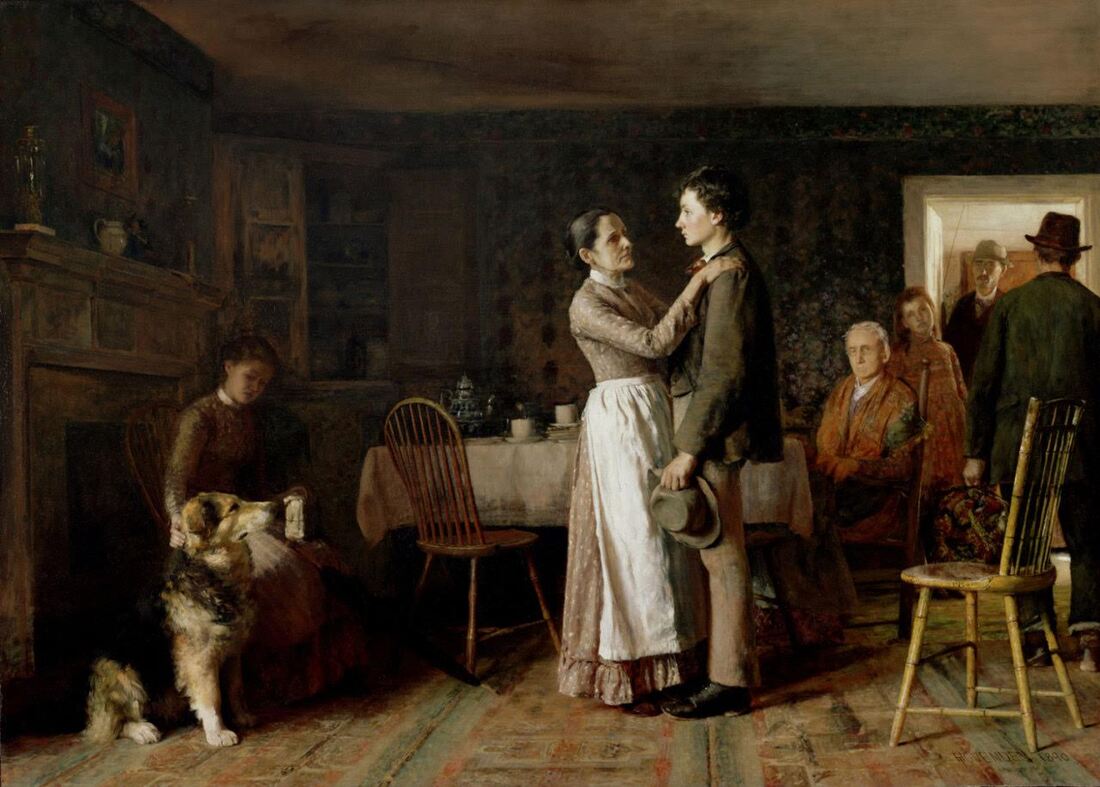|
Orphan Train The year is 1920. It is February or maybe November. The monotony of work, church and prayers before bed makes you lose count. Sleep crusting your eyes, the cows have not been milked yet, but you are pulled roughly from your bed, the comfort of scratchy sheets. Now you are sure you will be whipped for not cleaning up the cow patties, for sketching a bird you saw in a tree, using a stub of stolen charcoal and a piece of wood you found on the ground. But the lady says you are going. Off, she says. Away. She’s hired new help, two strapping boys, bigger than you put together. You find that is fine with you. The porter asks you where you are going. Somewhere is better than nowhere, you think, because at least it has a name. All that you carry of your own is your body. You cannot even call the scuffed shoes on your feet or the brim of the hat pulled down low yours because as the lady said, they were gifts, hand-me-downs. Like everything else, these items showed you did not belong there or anywhere. When the porter asks if you will miss it--home—it takes a moment for you to understand what the word means. Home is comfort and security, the opposite of loneliness. You do not answer. Instead you watch the sky fade like a lady’s soiled handkerchief from petal pink to gray. Candace Hartsuyker Candace Hartsuyker has an M.F.A in Creative Writing from McNeese State University and reads for PANK. She has been published in Trampset, Okay Donkey, Heavy Feather Review, The Hunger and elsewhere.
0 Comments
Your comment will be posted after it is approved.
Leave a Reply. |
The Ekphrastic Review
COOKIES/PRIVACY
This site uses cookies to deliver your best navigation experience this time and next. Continuing here means you consent to cookies. Thank you. Join us on Facebook:
July 2024
|




